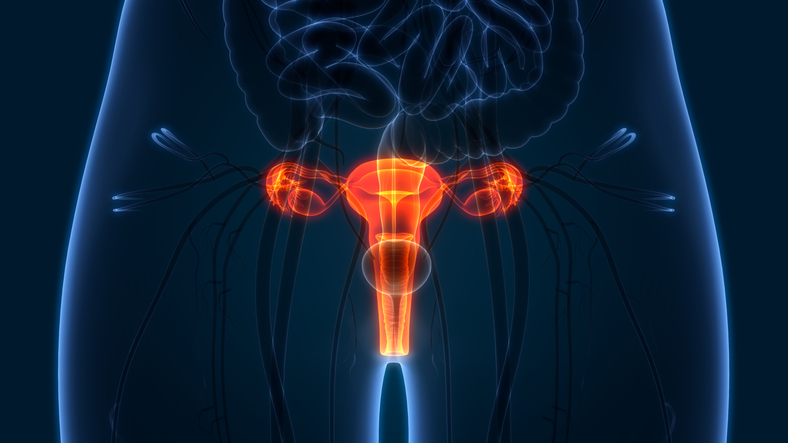
A study found that the Medicare eligibility threshold of age 65 years was helpful in increasing cancer diagnoses—stage 1 diagnoses in particular—and thereby reduced long-term cancer-specific mortality for certain cancers.
“Contributing to the current debate regarding Medicare for all, this study shows that the expansion of Medicare would improve cancer outcomes for the near elderly,” the researchers wrote.
To perform their study, the authors queried the Surveillance, Epidemiology, and End Results database for data on patients aged 61 to 69 years diagnosed with lung, breast, colon, or prostate cancer between 2004 and 2016. Patients were stratified by age and whether they were eligible: 61 to 64 years and 65 to 69 years. The researchers implemented age-over-age (AoA) percent change calculations to assess trends in cancer diagnoses and staging. Uninsured patients in the younger age group were categorized as the pre-Medicare group, and insured patients in the older group, the post-Medicare group; both groups were compared for cancer-specific mortality outcomes.
Cancer included lung (n=134,991), breast (n=175,558), colon (n=62,721), and prostate (n=238,823). According to the researchers, “The AoA growth in the number of cancer diagnoses was highest at the age of 65 years in comparison with all other ages within the decade for all 4 cancers (P < .01, P < .001, P < .01, and P < .001, respectively).” When comparing diagnoses at age 65 years versus the younger cohort, in all four cancer types, the most significant difference was observed in stage 1 disease. Matched analyses found that five-year cancer-specific mortality in the uninsured pre-Medicare group, compared to the insured post-Medicare group, was worse for all four cancer types studied: lung (86.3% vs. 78.5%; P<0.001), breast (32.7% vs. 11.0%; P<0.001), colon (57.1% vs. 35.6%; P<0.001), and prostate cancer (16.9% vs. 4.8%; P<0.001).
The study was published in Cancer.







 © 2025 Mashup Media, LLC, a Formedics Property. All Rights Reserved.
© 2025 Mashup Media, LLC, a Formedics Property. All Rights Reserved.